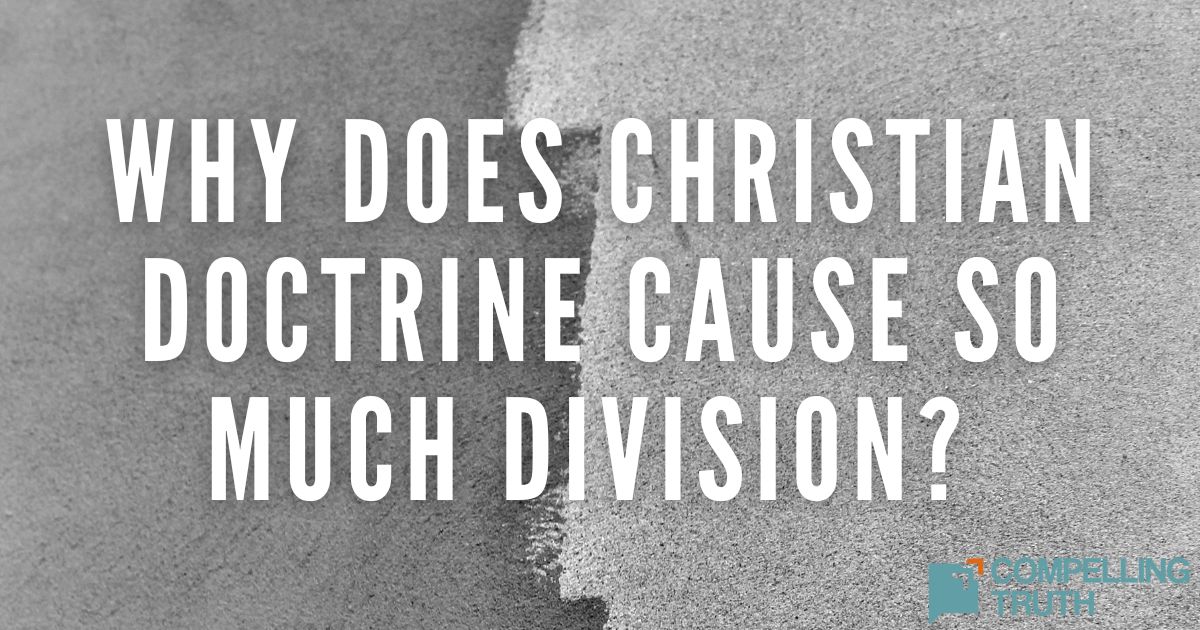Historical theology is closely tied to church history, but it is more of a study of the way people understood and taught doctrine from when the church was established in the first century to now.
Historical theology is usually divided into four time periods:
• AD 100 to 400 — the Patristic Period
• AD 500 to 1500 — the Middle Ages and Renaissance Period
• AD 1500 to 1750 — the Reformation and Post-Reformation Period
• AD 1750 to present — the Modern Period
Historical theology usually covers the view and changes in the way church leaders saw and taught such doctrines as the nature of God, the nature of Jesus Christ, how the Holy Spirit was viewed, the doctrine of salvation, and such. It also studies how those doctrines were spread—sometimes through creeds and confessions, how they were established—through church councils and other meetings, and studies heresies and cults.
The church has always looked back to see where its roots came from and how they've developed. The writer of Acts put it this way: "In the first book, O Theophilus, I have dealt with all that Jesus began to do and teach" (Acts 1:1).
Those who deal with historical theology must take care not to base their beliefs, nor establish a belief system, based on what they learn about that history. Only the Bible should be the foundation and basis for faith.
Still, there is much benefit to studying the way the church developed its doctrine, how church fathers understood the Bible, and how denominations looked at doctrine. Our reading, instruction, and edification should not come from modern authors and theologians exclusively (Ephesians 4:11–12).
When we study historical theology, we see God at work. He establishes churches and mission movements, raises up leaders and brings down heretics. Through it all, His word stands (Psalm 119:160). We learn what God preserves and what He does not allow, thus preparing us for doctrinal questions and battles. When we see how culture impacted the view of church leaders on Scripture, we can arm ourselves against looking into God's Word through the lens of our current culture. Those who don't study the past are apt to repeat it, as the old saying goes.
Historical theology is usually divided into four time periods:
• AD 100 to 400 — the Patristic Period
• AD 500 to 1500 — the Middle Ages and Renaissance Period
• AD 1500 to 1750 — the Reformation and Post-Reformation Period
• AD 1750 to present — the Modern Period
Historical theology usually covers the view and changes in the way church leaders saw and taught such doctrines as the nature of God, the nature of Jesus Christ, how the Holy Spirit was viewed, the doctrine of salvation, and such. It also studies how those doctrines were spread—sometimes through creeds and confessions, how they were established—through church councils and other meetings, and studies heresies and cults.
The church has always looked back to see where its roots came from and how they've developed. The writer of Acts put it this way: "In the first book, O Theophilus, I have dealt with all that Jesus began to do and teach" (Acts 1:1).
Those who deal with historical theology must take care not to base their beliefs, nor establish a belief system, based on what they learn about that history. Only the Bible should be the foundation and basis for faith.
Still, there is much benefit to studying the way the church developed its doctrine, how church fathers understood the Bible, and how denominations looked at doctrine. Our reading, instruction, and edification should not come from modern authors and theologians exclusively (Ephesians 4:11–12).
When we study historical theology, we see God at work. He establishes churches and mission movements, raises up leaders and brings down heretics. Through it all, His word stands (Psalm 119:160). We learn what God preserves and what He does not allow, thus preparing us for doctrinal questions and battles. When we see how culture impacted the view of church leaders on Scripture, we can arm ourselves against looking into God's Word through the lens of our current culture. Those who don't study the past are apt to repeat it, as the old saying goes.



